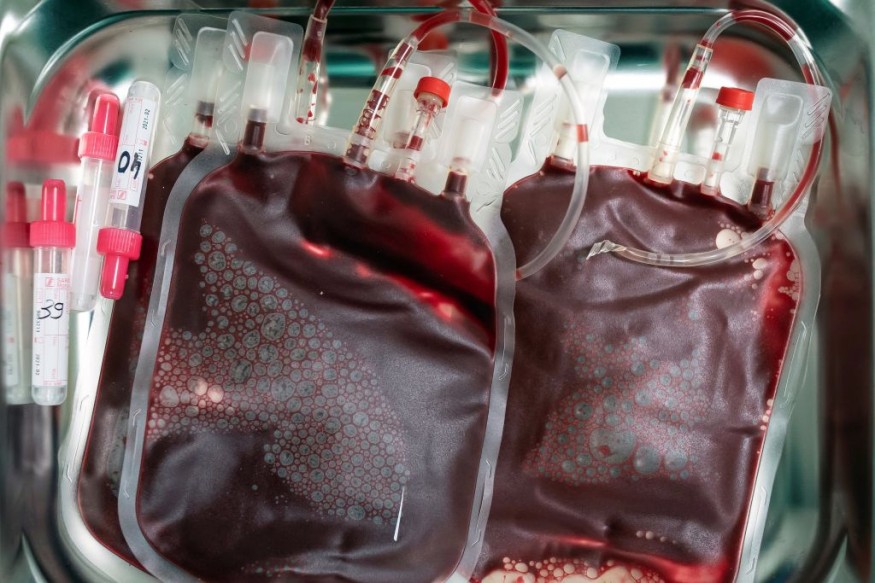Cancer and autoimmune disease linkage has long been a mystery to scientists since the biological mechanisms in their association remains unexplained.
Although the connection has been established by scientific evidence in recent years, scientists and medical experts also have not figured out to prevent both types of diseases from affecting the body once and for all.
Now, a new study led by researchers from Australia found that "rogue immune cells" in the form of "rogue killer T cells" in leukemia are the culprit behind the emergence and development of autoimmune diseases in the body.
Rogue Immune Cells

In the new paper published in the journal Immunity on Monday, November 28, researchers from the Garvan Institute of Medical Research in Darlinghurst, Australia, found the killer T cells linked to leukemia to be a significant driver of autoimmune diseases.
In particular, the research team determined gene variants connected with leukemia can produce the rogue immune cells, which they based in previous leukemia patients that scientists noticed to also likely develop an autoimmune disease.
The research to such link showed that killer T cells, which is supposedly responsible for destroying hazardous cells and pathogens, were a key player, according to Medical Xpress, a medical and health news service.
What is Leukemia?
The National Cancer Institute (NCI) defines Leukemia as a broad term pertaining to cancers of the blood cells.
The medical diagnosis of a leukemia type depends on the blood cell type that becomes cancerous, malignant or benign tumor cells, whether it grows quickly or gradually.
In addition, leukemia occurs mostly in adults olden the 55 years old but is also common for children under the age of 15.
The said blood cancer is only one of the many cancers affecting different parts of the human body, wherein our organs, tissues, muscles, and networks are also susceptible to such tumor cells.
The NCI acknowledges that cancer is not only a single disease but a group of related diseases, highlighting that evidence shows that our genes, lifestyle, and environment are significant factors.
What are Autoimmune Diseases?
Leukemia and other cancer types were previously not linked to autoimmune diseases, a set of illnesses associated with a weakened, compromised, or destroyed immune system which prevents the body from doing its function with respect to identifying cells.
However, scientific evidence in recent years has reportedly found the link between cancer and autoimmune diseases.
According to expert Ana-Maria Orbai, a rheumatologist at the Johns Hopkins Arthritis Center, autoimmune disease occurs when the body's natural defense system is no longer able to tell the difference between your own cells and foreign cells, forcing the body to mistakenly attack even normal, healthy cells, as cited by Johns Hopkins Medicine under The Johns Hopkins University.
Orbai adds there are more than 80 types of autoimmune diseases that affects different parts of the body such as:
- Rheumatoid arthritis
- Psoriasis
- Psoriatic arthritis
- Lupus
- Thyroid diseases
- Type 1 diabetes
In addition, the expert mentioned the common autoimmune disease symptoms:
- Fatigue
- Joint pain and swelling
- Skin problems
- Abdominal pain or digestive issues
- Recurring fever
- Swollen glands
© 2025 NatureWorldNews.com All rights reserved. Do not reproduce without permission.





